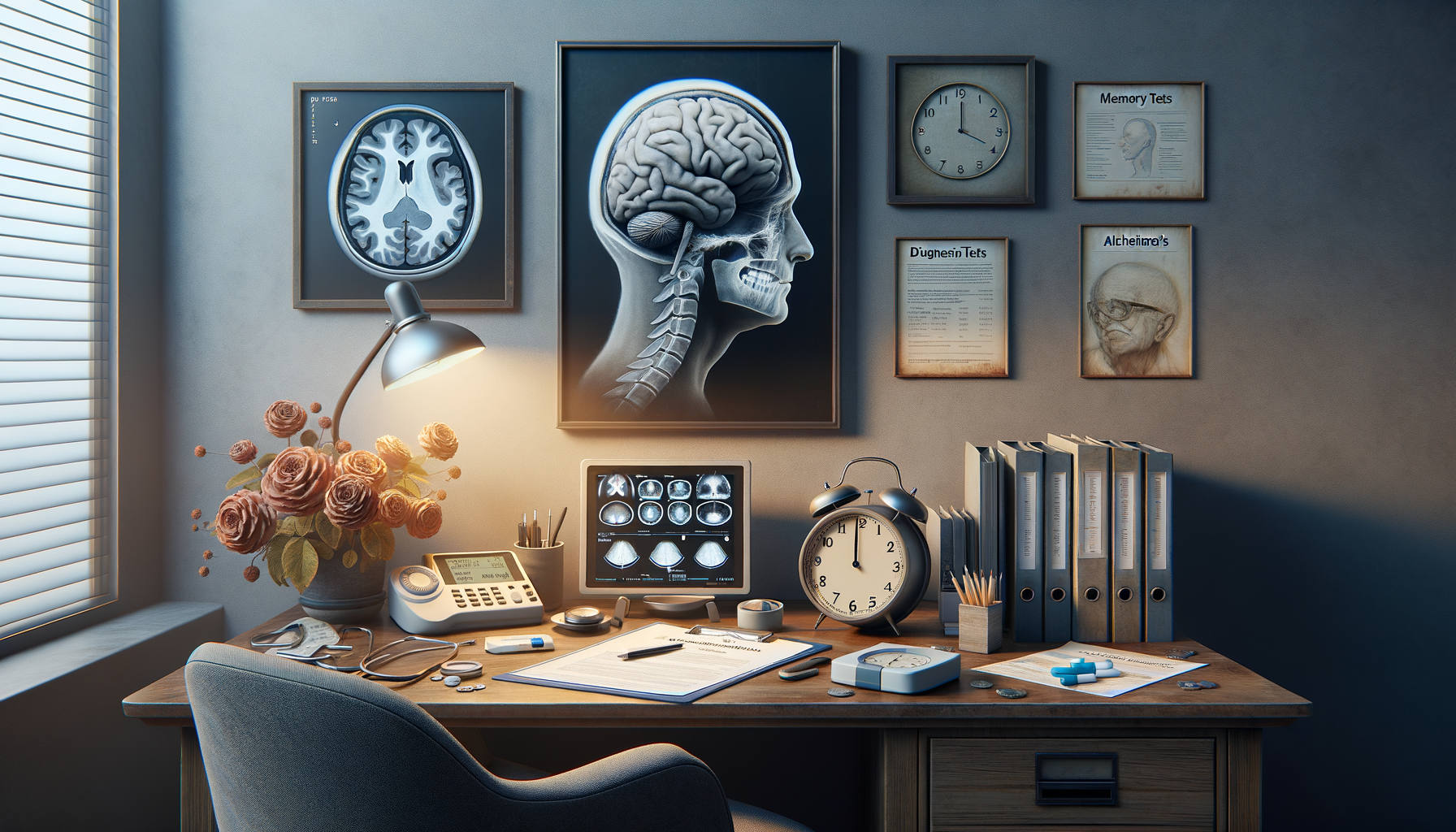Early Signs of Dementia
Dementia, a term that encompasses various cognitive impairments, often begins subtly. Early signs might be easily mistaken for normal aging or stress, yet recognizing them early can be crucial for effective management. One of the most common early symptoms is memory loss, particularly forgetting recent events or important dates. This isn’t just the occasional misplaced item; it’s a persistent pattern that disrupts daily life.
Another early sign is difficulty in planning or solving problems. Individuals might struggle with tasks that require concentration, such as following a recipe or managing finances. This can lead to frustration and anxiety, further complicating their ability to function independently.
Changes in mood and personality are also indicative of early dementia. A person may become easily upset in unfamiliar situations or exhibit apathy towards activities they once enjoyed. Additionally, difficulty in completing familiar tasks, such as driving to a known location or remembering the rules of a favorite game, can signal the onset of dementia.
Other signs include confusion with time or place, poor judgment, and withdrawal from social activities. These symptoms, when persistent and progressive, warrant a professional evaluation to determine their cause.
Dementia Diagnosis Tests
Diagnosing dementia involves a comprehensive approach, as no single test can confirm the condition. Physicians typically start with a thorough medical history and physical examination to rule out other potential causes of symptoms. Cognitive and neuropsychological tests are crucial, assessing memory, reasoning, language, and attention skills. These tests help in determining the extent and type of cognitive impairment.
Brain imaging, such as MRI or CT scans, is often employed to identify any structural changes in the brain. These scans can reveal tumors, strokes, or other abnormalities that might contribute to cognitive decline. In some cases, PET scans are used to detect the presence of amyloid plaques, a hallmark of Alzheimer’s disease.
Laboratory tests are also important in the diagnostic process. Blood tests can identify vitamin deficiencies or thyroid problems that might mimic dementia symptoms. In some instances, a lumbar puncture is performed to examine cerebrospinal fluid for biomarkers indicative of Alzheimer’s or other neurodegenerative diseases.
Finally, genetic testing may be considered, especially if there is a family history of dementia. While not definitive, genetic markers can provide additional information to guide diagnosis and management.
Alzheimer’s Early Symptoms
Alzheimer’s disease, the most common form of dementia, presents with specific early symptoms that can overlap with general dementia signs but have unique characteristics. Memory loss is often more pronounced in Alzheimer’s, with individuals frequently forgetting recently learned information or important dates and events.
Another early symptom is difficulty in finding the right words or following conversations. This can lead to social withdrawal, as individuals may feel embarrassed or frustrated by their communication challenges. Additionally, individuals with early Alzheimer’s may exhibit impaired judgment, making poor decisions that are out of character.
Spatial and visual perception issues are also common. Those affected might have trouble judging distances or recognizing faces, which can lead to safety concerns, especially when driving. Moreover, misplacing items and losing the ability to retrace steps to find them is a frequent occurrence in the early stages of Alzheimer’s.
Changes in mood and behavior, such as increased anxiety or depression, are also prevalent. These emotional shifts can exacerbate cognitive symptoms, creating a cycle of decline that impacts daily functioning.
Understanding the Importance of Early Detection
Early detection of dementia and Alzheimer’s can significantly impact the management and progression of the disease. Recognizing symptoms early allows for timely intervention, which can include medication, lifestyle changes, and support services aimed at maintaining quality of life.
Medications, while not curative, can help manage symptoms and slow progression. Cholinesterase inhibitors and memantine are commonly prescribed to improve cognitive function and delay worsening symptoms. Additionally, non-pharmacological interventions, such as cognitive therapy and physical exercise, have shown promise in supporting brain health.
Early detection also provides an opportunity for individuals and families to plan for the future. This can involve legal and financial planning, as well as making decisions about care preferences and living arrangements. Furthermore, it enables access to support networks and resources, which can alleviate the emotional and practical challenges associated with dementia.
Overall, understanding and acting upon early symptoms can lead to a more proactive approach in managing dementia, ultimately enhancing the well-being of those affected and their loved ones.
Conclusion: Navigating Dementia with Knowledge and Support
Recognizing the early signs of dementia and understanding the diagnostic process are pivotal steps in managing the condition effectively. Whether it’s Alzheimer’s or another form of dementia, early detection and intervention can make a profound difference in the lives of those affected. By staying informed and seeking timely medical advice, individuals and their families can better navigate the challenges of dementia.
Support, both medical and emotional, is crucial in this journey. Resources such as support groups, counseling, and educational programs can offer much-needed guidance and reassurance. Ultimately, a comprehensive approach that combines medical treatment with lifestyle adaptations and robust support systems can help maintain dignity and quality of life for those living with dementia.








